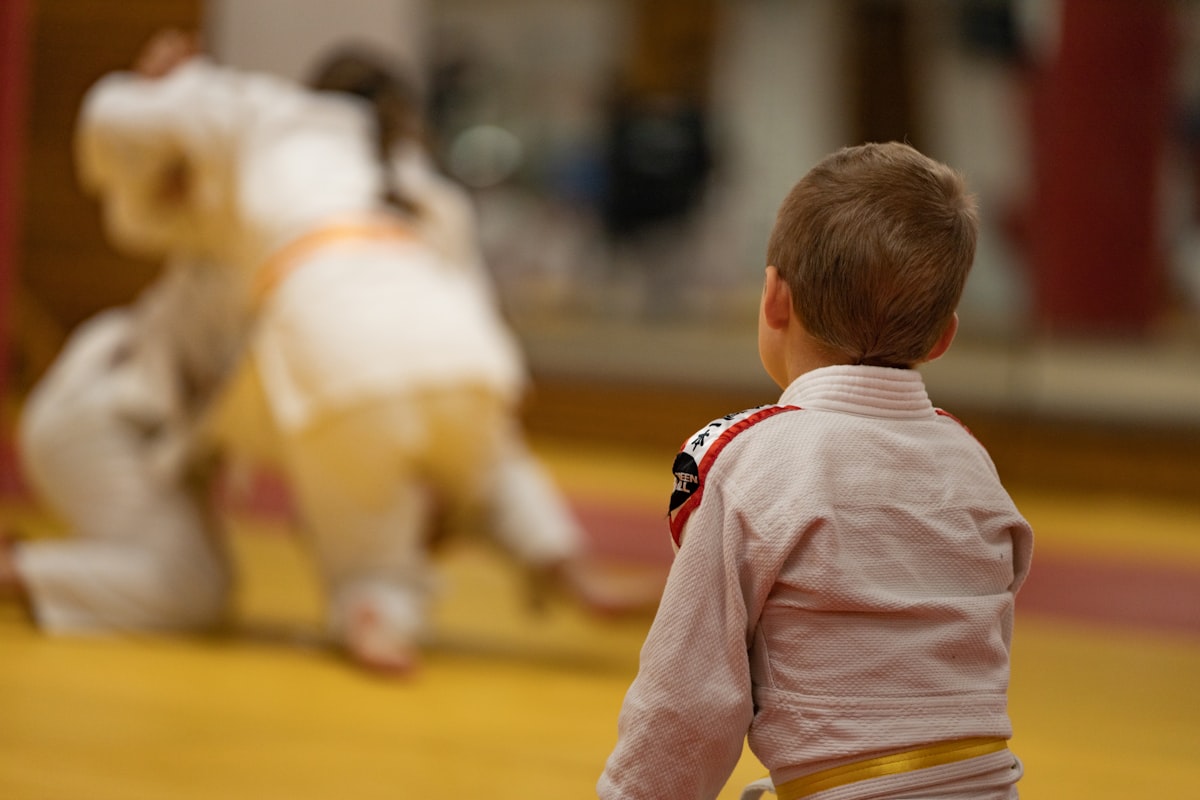Shuhari: The Journey from Novice to Master
The journey of mastering a skill or discipline is often a long and winding road, rife with obstacles, revelations, and transformative experiences. The concept of Shuhari—originally rooted in Japanese martial arts—offers a structured way to understand this journey.

Introduction
The journey of mastering a skill or discipline is often a long and winding road, rife with obstacles, revelations, and transformative experiences. The concept of Shuhari—originally rooted in Japanese martial arts—offers a structured way to understand this journey. It divides the path into three major stages: Shu (obey), Ha (detach), and Ri (transcend). In this article, we will delve into each stage, explaining its essence and implications, not only in martial arts but in any field that demands mastery.
Shu: The Obedient Novice
The Basics
In the Shu stage, the student is a blank slate. It's all about learning the fundamentals and adhering strictly to the instructions provided by the teacher. The student refrains from questioning or modifying these teachings.
Why It Matters
At this level, the structure is your friend. The rigidity helps instill discipline and enables you to master the basic techniques. It sets the foundation upon which future understanding is built.
Applications Beyond Martial Arts
In any discipline, the Shu stage could look like reading introductory books, taking beginner courses, or following set processes without deviation. Think of learning syntax in programming or understanding basic accounting principles in finance.
The Karate Kid Connection: Wax On, Wax Off
In the early parts of "The Karate Kid" movies, we see Daniel getting frustrated with seemingly pointless tasks like waxing cars or hanging up jackets. These tasks are actually Mr. Miyagi's way of instilling basic, foundational movements into their students. This phase is akin to the Shu stage, where the learner obeys the teacher and focuses on the fundamentals, even if they don't make immediate sense.
Ha: The Detached Explorer
Breaking Free
Once the basics are ingrained, it's time to enter the Ha stage. Here, the student starts to question, modify, and perhaps even challenge the traditional teachings. It's a time for experimentation and detachment from rigid styles.
The Balance
While the urge to break free is natural, maintaining respect for the foundational knowledge is crucial. This stage is about building upon, not disregarding, the basics learned in the Shu stage.
Beyond Martial Arts
In software development, this could be the phase where a programmer starts to develop their own libraries or frameworks. In music, the artist might start to experiment with different genres or create hybrid styles.
The Karate Kid Connection: The Tournament Approaches
As Daniel become more comfortable with the basics, they start to learn more advanced techniques and even engage in real fights. This phase is like the Ha stage, where they can start to adapt the foundational skills they've learned to various situations. They aren't just following instructions blindly; they're beginning to understand the "why" behind the movements.
Ri: The Transcendent Master
Full Circle
Ri is the stage where the student transcends established teachings and styles. They become a master, with a deep understanding of the discipline, beyond just techniques or theories.
Individuality and Contribution
Here, the individual often contributes new insights or techniques to the field. The circle completes itself when the master starts to teach, beginning with the Shu stage for their own students.
In Other Disciplines
In academic research, a Ri might be someone who propounds a groundbreaking theory. In business, this could be an entrepreneur who revolutionizes an industry.
The Karate Kid Connection: The Crane Kick & Mastery
Daniel's iconic crane kick in the original "Karate Kid" is a great example of the Ri stage. By this point, he's not just copying Mr. Miyagi; he's applying his understanding of the martial art in a way that's uniquely his own. He has mastered the art to the point where he can adapt to new situations instinctively and successfully.
Conclusion: The Endless Journey
It's important to note that Shuhari is not a linear path but a cyclical one. Even when one reaches the Ri stage, there's always room for more learning, for revisiting the basics, and for continued growth. Mastery is not a destination but a journey—an endless loop of obedience, detachment, and transcendence.
So, whether you're learning to code, mastering a sport, or becoming proficient in cooking, remember the stages of Shuhari as signposts along your journey. Each stage has its purpose, its challenges, and its rewards. The Karate Kid serves as a relatable, pop-culture illustration of these stages, showing that mastery isn't just for martial artists—it's a journey that we can all undertake.

